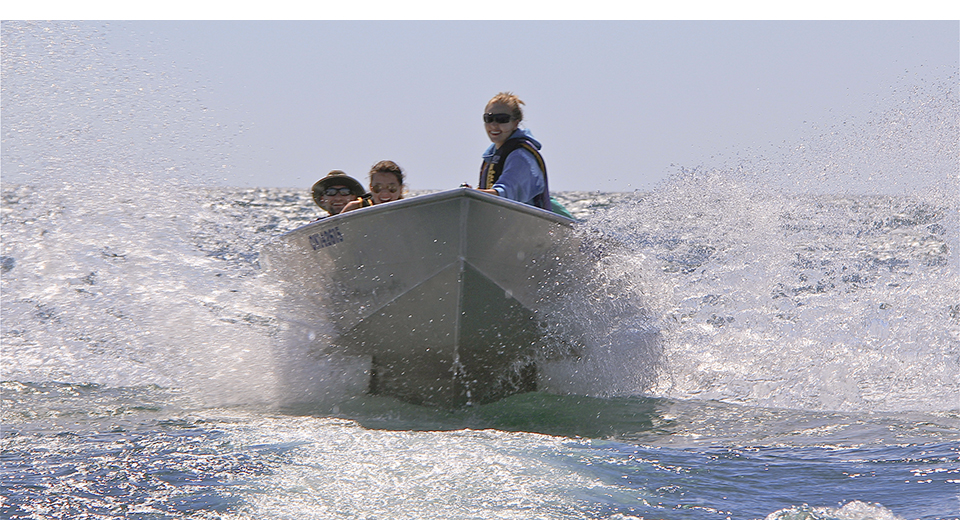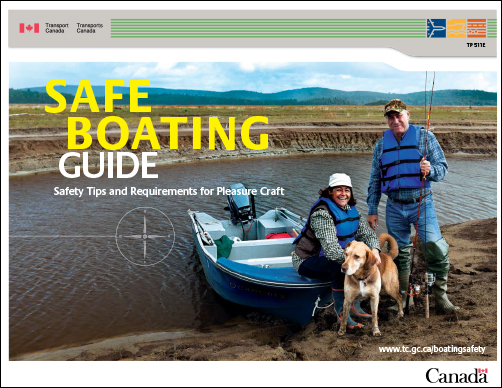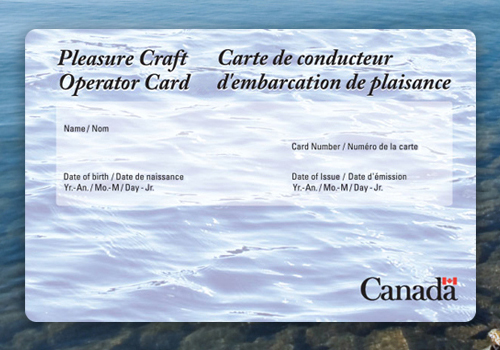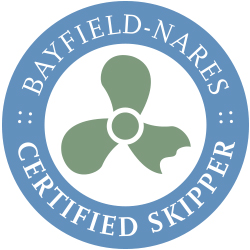
by Peter Frost and Tom Martin
For over 20 years we have been seeing a decline of courtesy on the water. Be aware of others and respect their rights to use the lake. When you think about it, can’t we spare the time to show more courtesy to others when we are at our summer residences? Part of the reason we go there is to slow life down and smell the pine needles.
We suggest you review the courtesy issue with all those who operate your vessels before the season begins. See this page for more details. Explain to them what is involved and to show respect for the natural environment fellow boaters and cottagers, and to watch out for the vulnerable small craft: canoes kayaks, paddle boards, rowboats and sail boats.
The trend to bigger, faster and heavier power boats continues. One of the problems with bigger boats is that they throw larger wakes, which endanger other boaters, swimmers, docks, moored vessels, wildlife and the shoreline. Look behind yourself occasionally when driving and be aware of what your wake is doing in relation to other boaters and the shore. Consider using a smaller vessel to create less wake when possible for shorter trips or recreational jaunts. Remember; BOW DOWN, SLOW DOWN, NO WAKE!
The regulatory framework for boaters has been relatively stable for the past few years. However, there are changes on the way. Vessel licenses (those numbers on the side of your hull) will likely no longer be free in the next couple of years. Currently, the Feds are trying to determine the price or a license, based on cost recovery for operating the licensing system. Nor will licenses be permanent. They will have to be renewed every five years or so. We’ll keep you posted.
Stand up paddle boards are becoming increasing popular. Many are not aware that SUPs are considered to be a boat and you must comply with the regulations for carriage of safety items or be subject to a fine. Regulations are now in place for SUPs which will make them similar to those for a windsurfer. In other words, if whoever is on a SUP is wearing a legal PFD and has a sound signalling device (a whistle), there will be no requirement to carry a heaving line. A watertight flashlight must be carried after sunset and before sunrise or in periods of reduced visibility.
Paddle Boarders should also be aware that they tend to be a lot less visible than most vessels on the water and should therefore use extreme caution when in areas frequented by powerboats such as on main boat channels.

The Federal Government is again publishing the Safe Boating Guide. We have obtained copies of this Guide for our members and they will be made available in both Nares and Bayfield this summer.
As you are no doubt aware, you must carry with you your Pleasure Craft Operator’s Card when operating a motorized boat. Sometimes it is referred to as a licence. It is not! Some think it is proof of competency. In fact, it is badly misnamed.

Obtaining “The Card” (your having proof of having passed the test) supposedly shows basic boating knowledge, analogous to the written part of an automobile driver’s test. Passing the written driver’s test doesn’t give any indication that you actually know how to drive a car. Likewise, having The Card doesn’t mean you know how to sit in a boat, tie up a boat, run a boat or navigate a boat, amongst other things. So, before allowing others to run your power boat, ensure that they have The Card but also that they have the necessary driving, safety and navigation skills.
Anecdotally, we hear that parents are not paying enough attention to teaching youngsters the skill of operation as the kids have their own card. We emphasize: having The Card is not a substitute for teaching proper operator skill to young boat drivers.
If you rent your cottage and boats to others, the renter must have The Card in order to use your power boats as must any guests or family members of the renters (or you for that matter) who wish to use your power boats. A dockside checklist, while still a good idea, is not a substitute for The Card for cottage renters as opposed to renting a boat from a fishing lodge, where a checklist is allowed as a substitute.

Water levels are likely to be moderately lower this season. Whether the water goes up or down, new hazards for navigation are “discovered” as we often forget that which we could previously see or that which we could not previously hit due to adequate depth. Be cautious, especially in the opening months of the season.